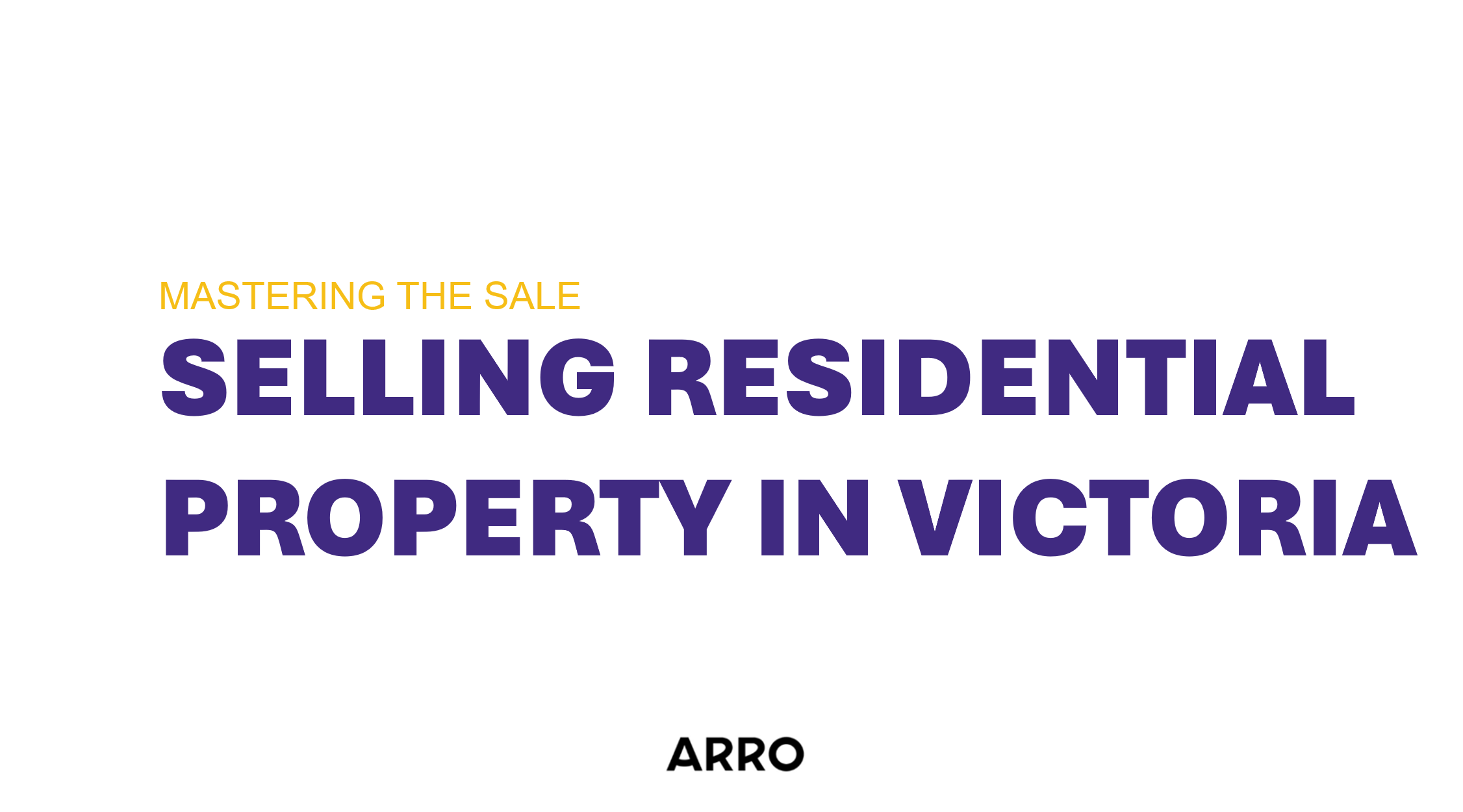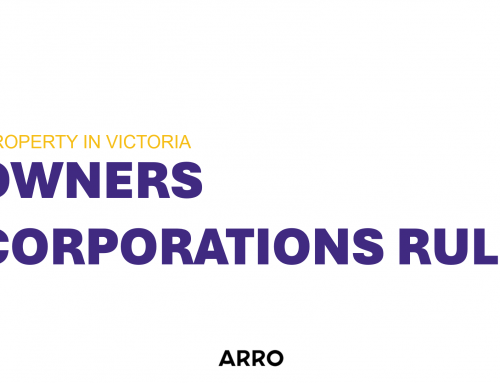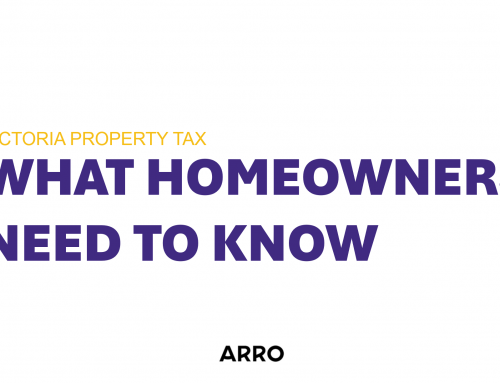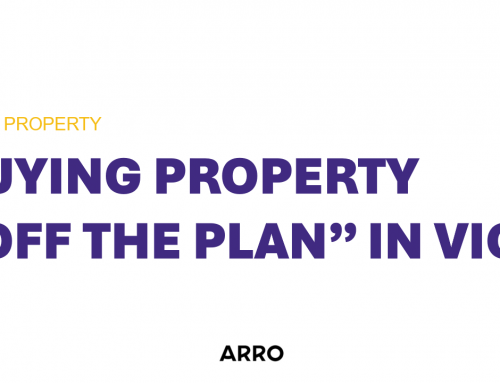Mastering the Sale – Arro Property
Selling a residential property in Victoria involves more than just finding a buyer and signing on the dotted line. From navigating legal obligations to ensuring compliance with regulations, there are crucial legal considerations that sellers must address to ensure a smooth and legally sound transaction. In this article, we’ll explore the top three legal considerations to keep in mind when selling residential property in Victoria.
Disclosure Obligations
As a seller, you have a legal obligation to provide prospective buyers with accurate and comprehensive information about the property. Failure to disclose material facts could lead to legal disputes and potential liability down the line. Consider the following:
- Section 32 Statement: Prepare a Section 32 statement (vendor’s statement) disclosing essential information about the property, including title details, zoning information, and any known defects or issues. Ensure the accuracy and completeness of the statement to avoid disputes and legal complications.
- Material Fact Disclosure: Disclose any material facts or defects that may affect the value or desirability of the property. This includes issues such as structural defects, pest infestations, environmental hazards, or ongoing disputes with neighbours.
- Contract of Sale: Work with a qualified conveyancer or solicitor to draft the contract of sale and ensure it accurately reflects the terms of the transaction. Include provisions that address disclosure obligations and allocate responsibility for any undisclosed issues discovered post-sale.
Legal Compliance
Selling residential property in Victoria requires compliance with various laws, regulations, and contractual obligations. Ensure you’re on the right side of the law by considering the following:
- Consumer Protection Laws: Familiarise yourself with consumer protection laws in Victoria, including regulations governing sales contracts, cooling-off periods, and disclosure requirements. Compliance with these laws is essential to protect both parties’ interests and ensure a legally binding and enforceable transaction.
- Title and Ownership: Verify that you have legal ownership of the property and possess the right to sell it. Conduct a title search and address any encumbrances, liens, or legal restrictions that may affect the sale. Engage a conveyancer or solicitor to assist with due diligence and title transfer.
- Contractual Obligations: Review the terms and conditions of the contract of sale to ensure compliance with legal requirements and protect your interests. Consider including provisions that address contingencies, warranties, and dispute resolution mechanisms to mitigate potential risks.
Financial Considerations
Selling a residential property involves various financial considerations that impact your bottom line and potential liabilities. Keep the following in mind:
- Tax Implications: Understand the tax implications of selling residential property in Victoria, including capital gains tax (CGT) and goods and services tax (GST) obligations. Seek advice from a tax professional to optimise your tax position and minimise liabilities.
- Costs and Expenses: Factor in the costs and expenses associated with selling residential property, such as agent commissions, legal fees, advertising costs, and property staging expenses. Budget accordingly to ensure you’re financially prepared for the transaction.
- Settlement Process: Familiarise yourself with the settlement process and timeline for completing the sale. Ensure all necessary documentation is in order, and funds are available to facilitate a smooth and timely settlement.
If you have questions regarding the key considerations when selling a residential property, don’t hesitate to reach out to our Melbourne-based law firm. Our team of experienced lawyers are here to assist you navigate the process.




